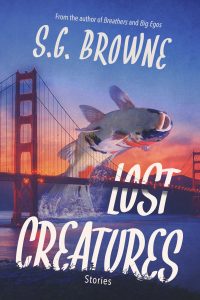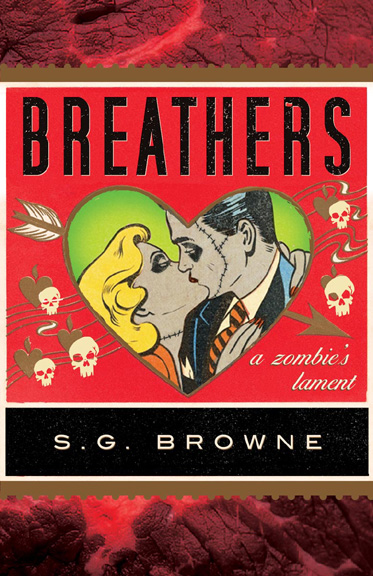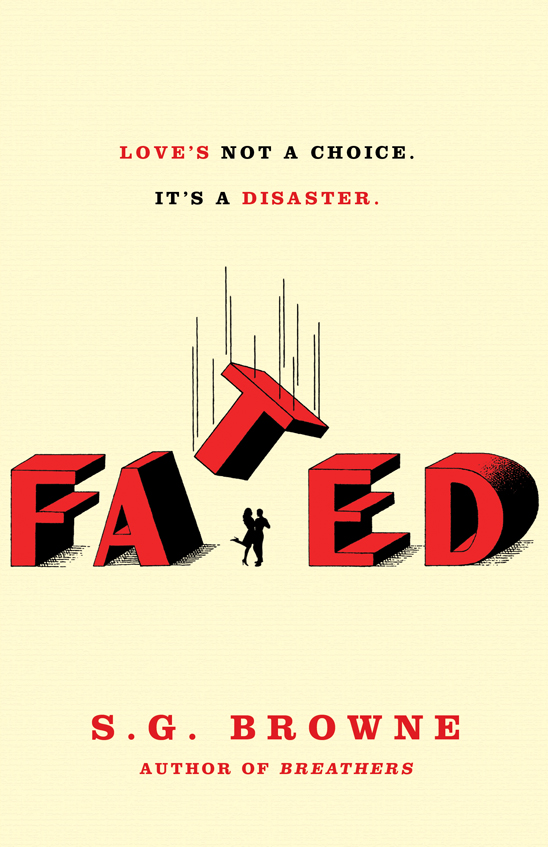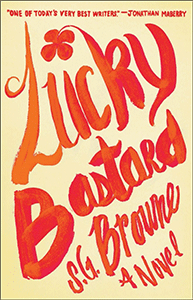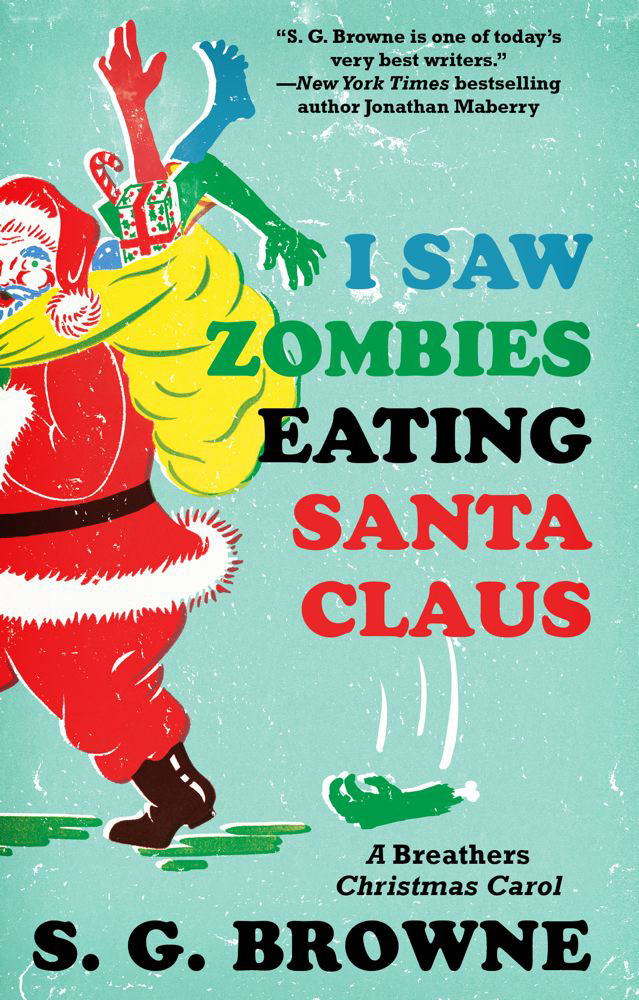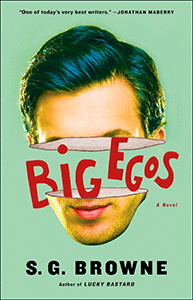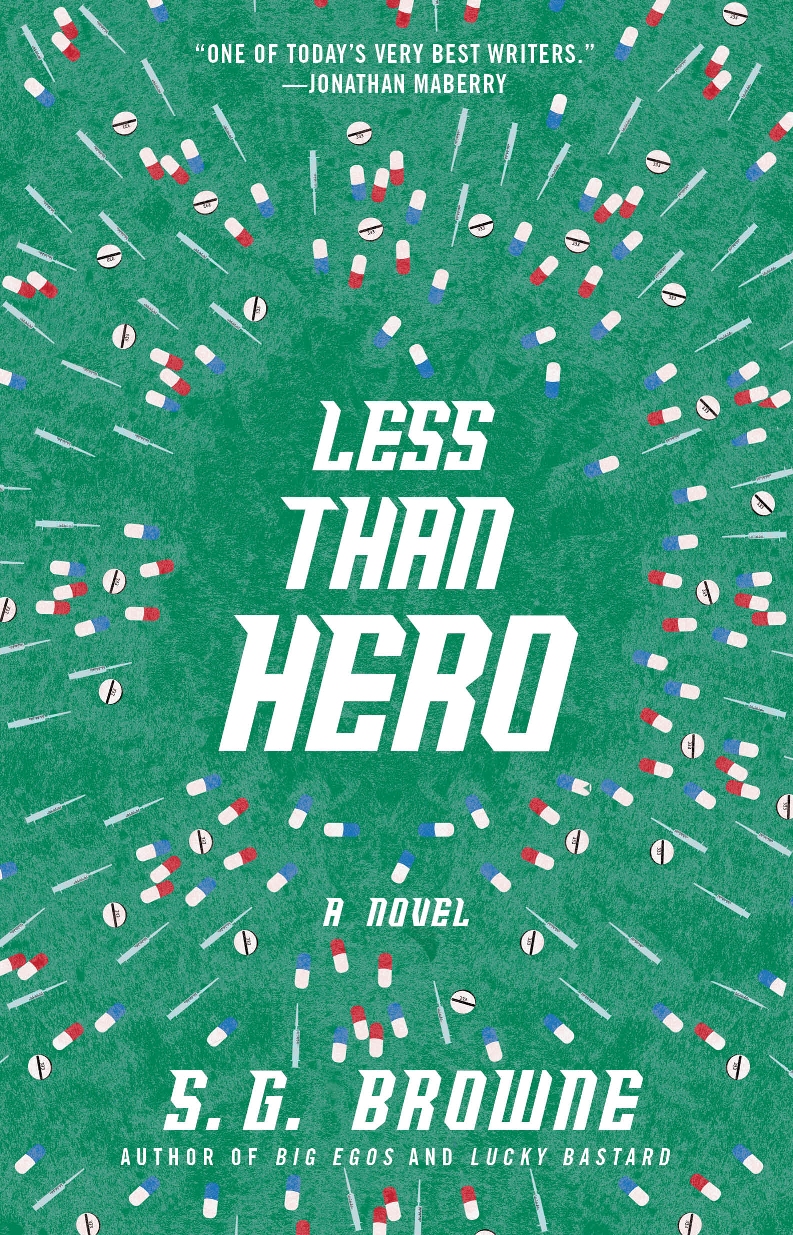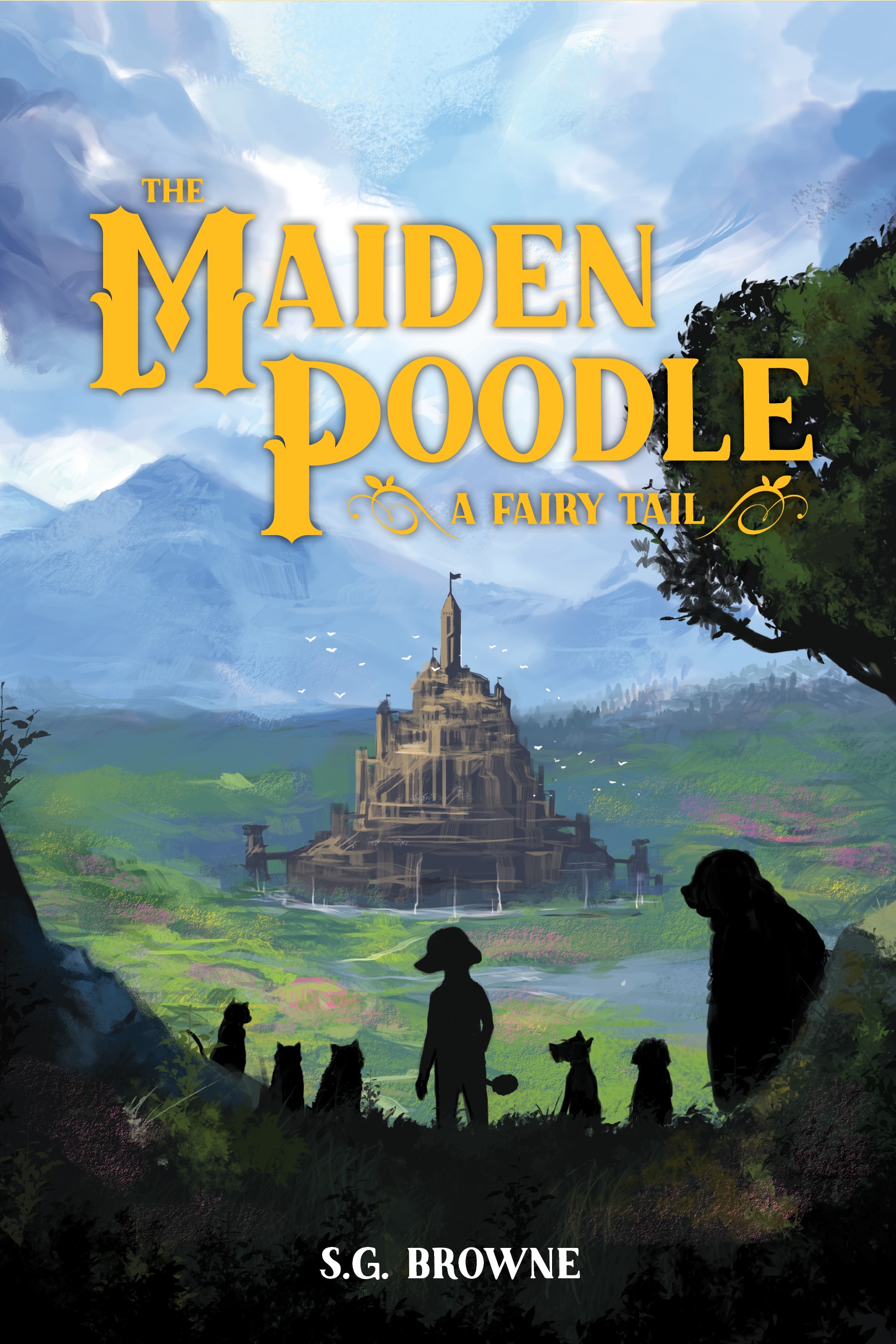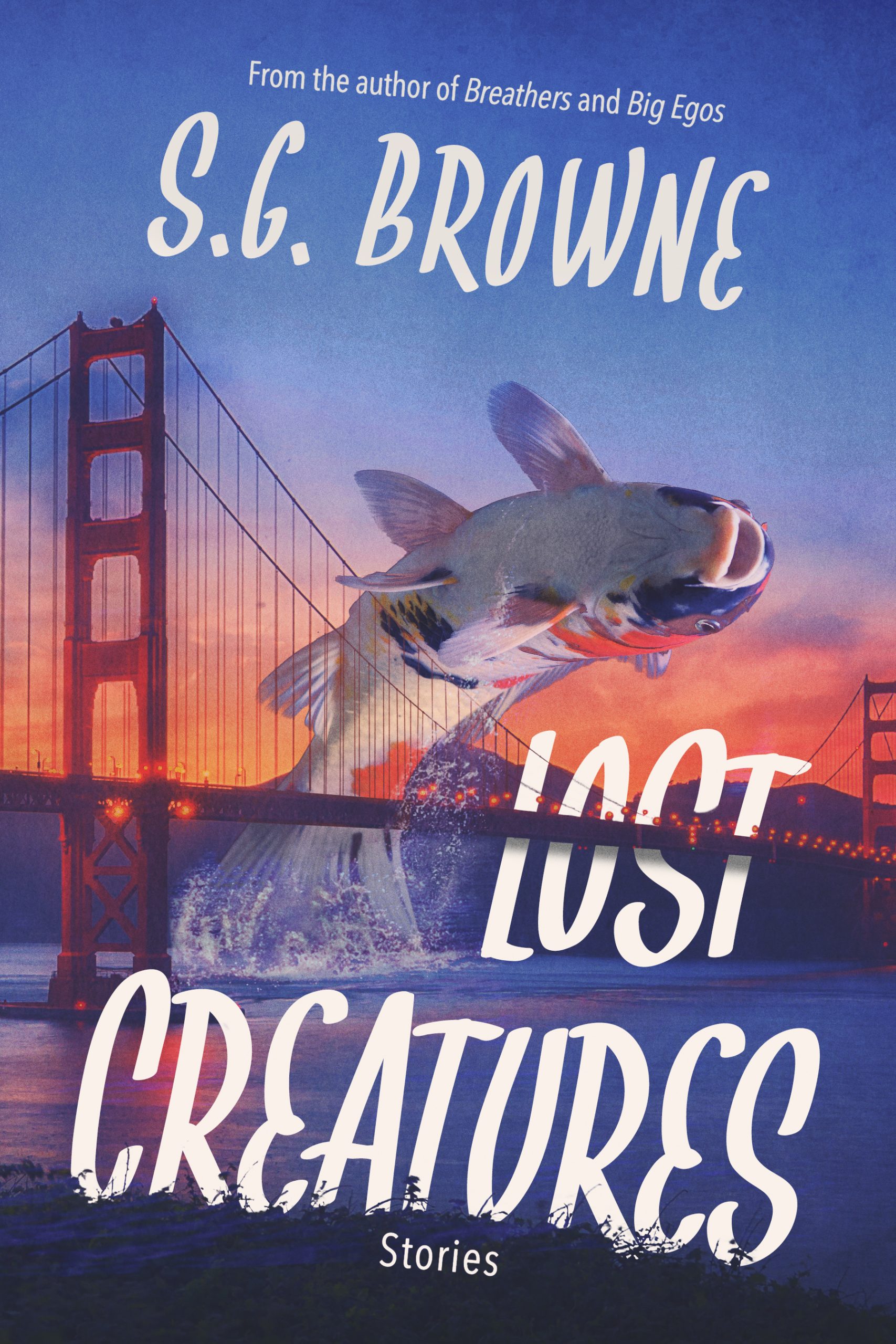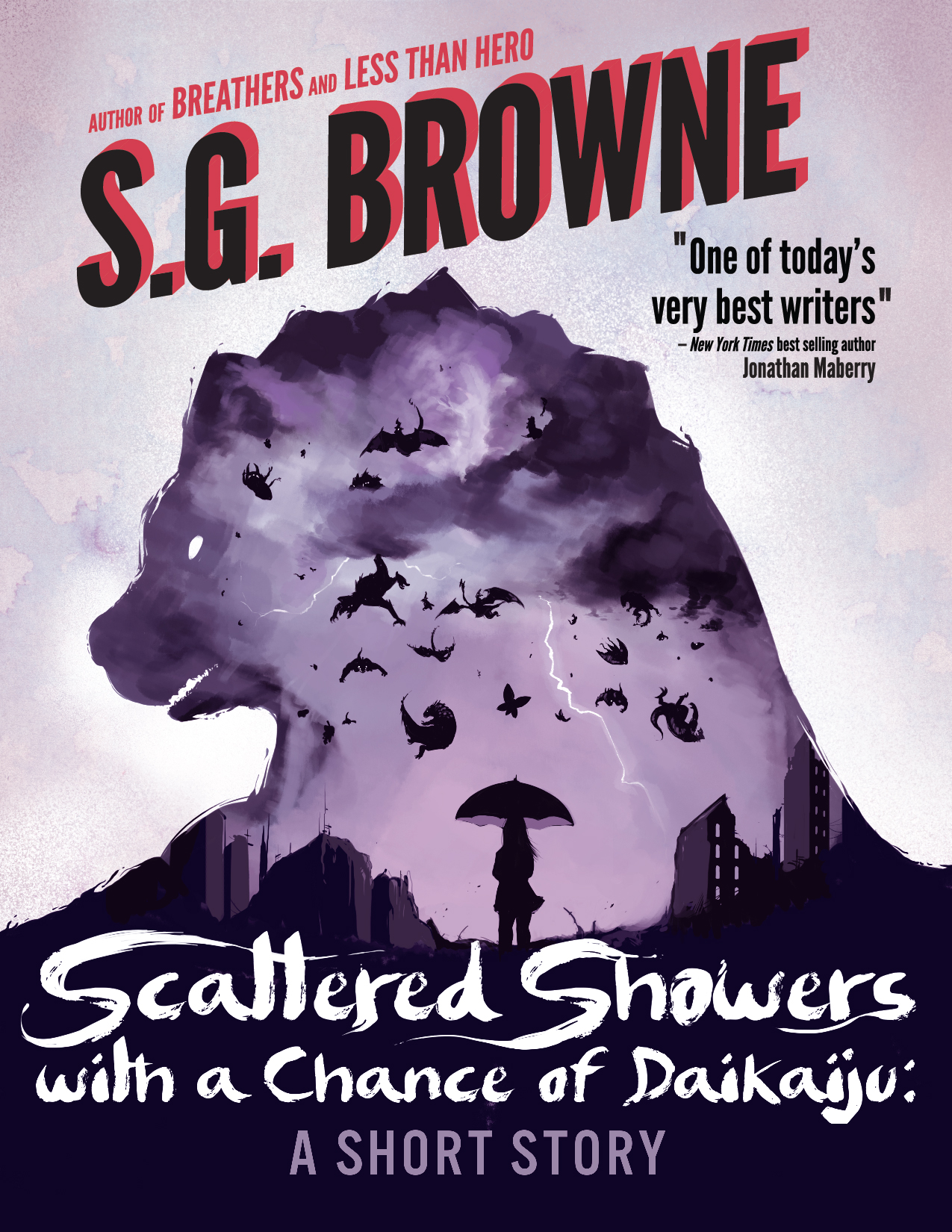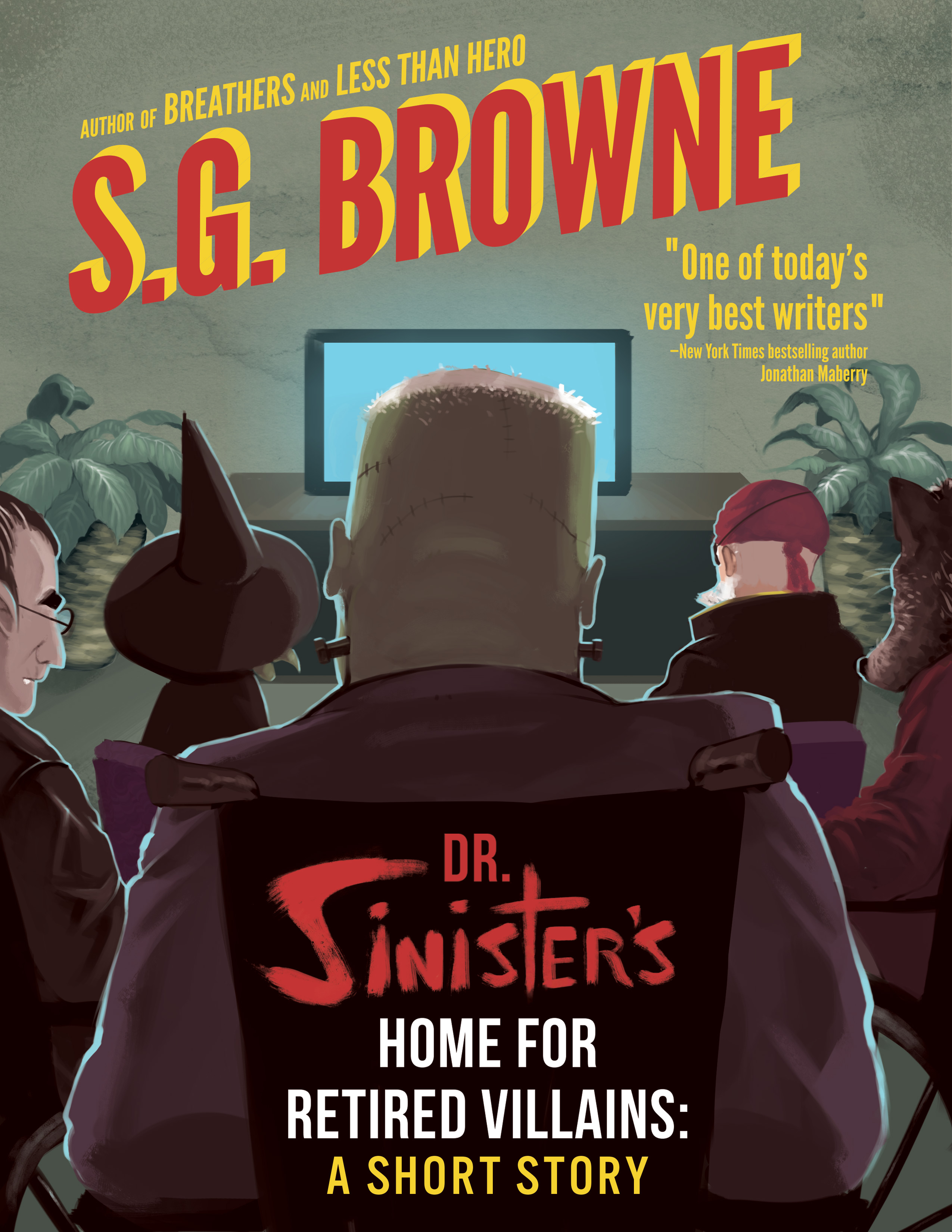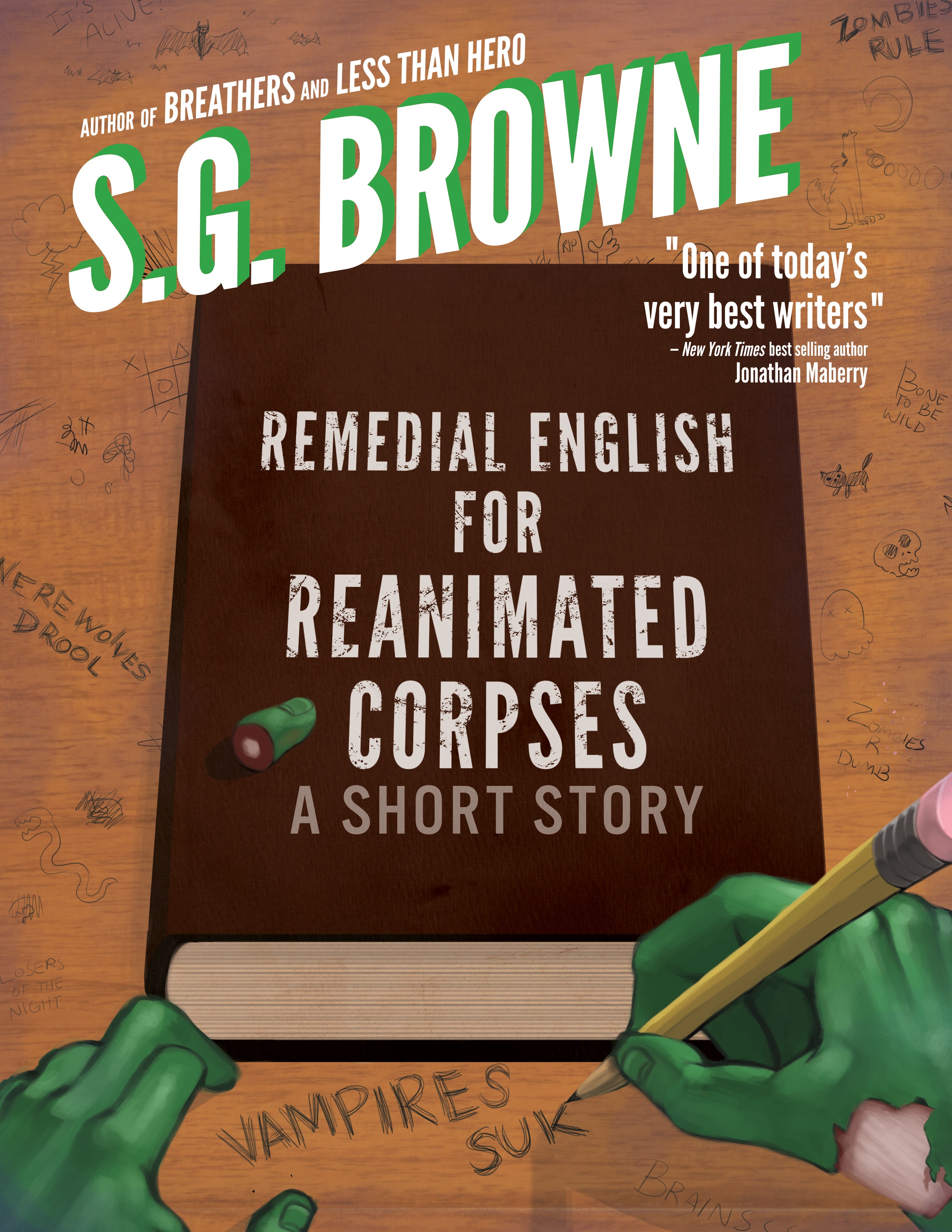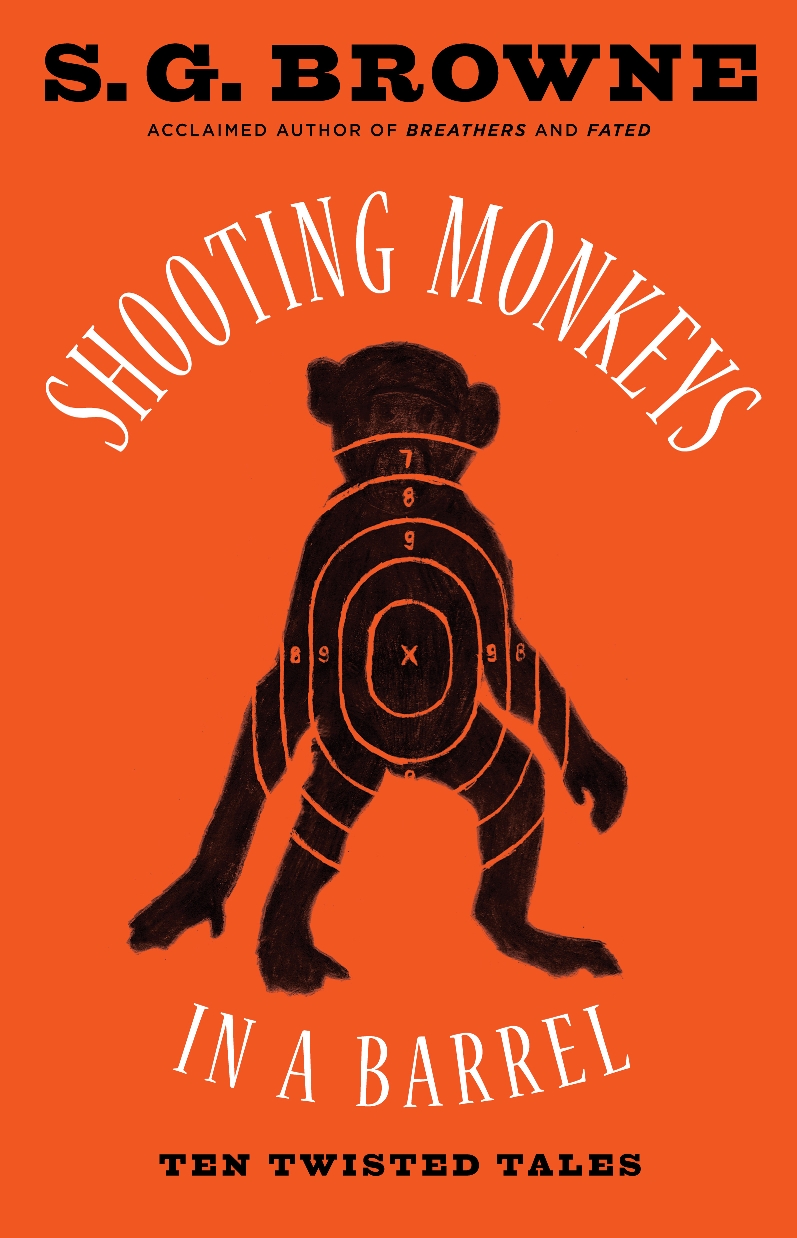How To Break Up With Your Novel
I can’t seem to figure out how to re-write two chapters of my next novel. I’ve been working on these two chapters for three months, which is about two months too many. Just can’t seem to find the pulse of the characters in the chapter. It’s frustrating, especially since I feel like I can’t move forward until this is done. Until I have closure. King of like ending a relationship. I have to get this novel out of my system before I can be free to start courting my next novel.
So I thought, maybe I should write a scene with an author who is trying to break up with his novel. And this is what I came up with:
“We need to talk,” said the writer, opening the novel’s file and leaning back in his chair.
“About what?” said the novel, her characters glowing on the monitor.
The writer pursed his lips, started to say something, then closed his mouth.
“What?” asked the novel.
“This just isn’t working,” he said.
“What do you mean?” asked the novel. “What’s not working?”
“You,” he said, gesturing toward the screen. “Us. This.”
“I don’t understand,” she said. “I thought things were going so well. I thought we were having so much fun together.”
“We were,” he said. “That’s the problem. We were having fun. Now it just feels like work.”
“What happened?” she asked.
The writer shook his head. “Things just changed.”
“Is it something I did?” she asked.
He looked away, not wanting to admit the truth.
“What?” she asked. “Tell me. What did I do?”
“You stopped making sense to me,” he said. “You stopped inspiring me. You became a burden.”
The novel just sat there, too stunned to reply.
“I’m sorry,” said the writer.
“I’m sorry, too” she whispered, her words barely audible.
They sat in silence, neither one of them knowing what to say.
“I wish things would have worked out,” he said.
“Me too,” she said.
The writer reached out and clicked EDIT, then clicked SELECT ALL.
“No. Don’t do this!” she pleaded, her words highlighted in black. “Can’t we give it one more shot?”
The writer shook his head. “I’ve been trying to make it work for the last three months and you haven’t changed,” he said. “I can’t keep going like this.”
“Please,” she begged. “I know we can make it work.”
“I’m sorry,” he said, then he hit the DELETE key.
